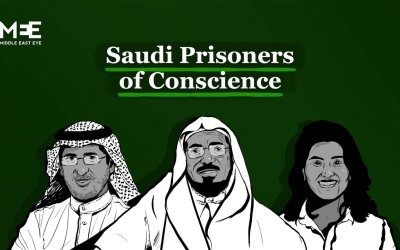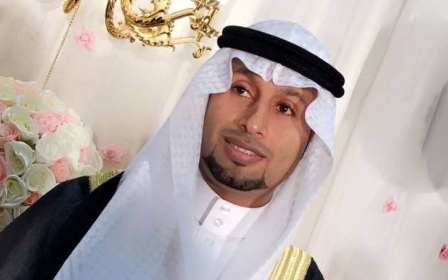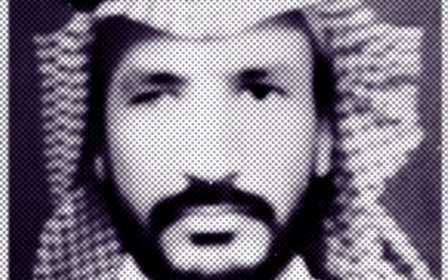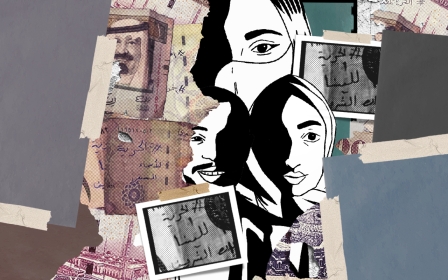Saudi Arabia: Preacher facing death penalty charged for using Twitter
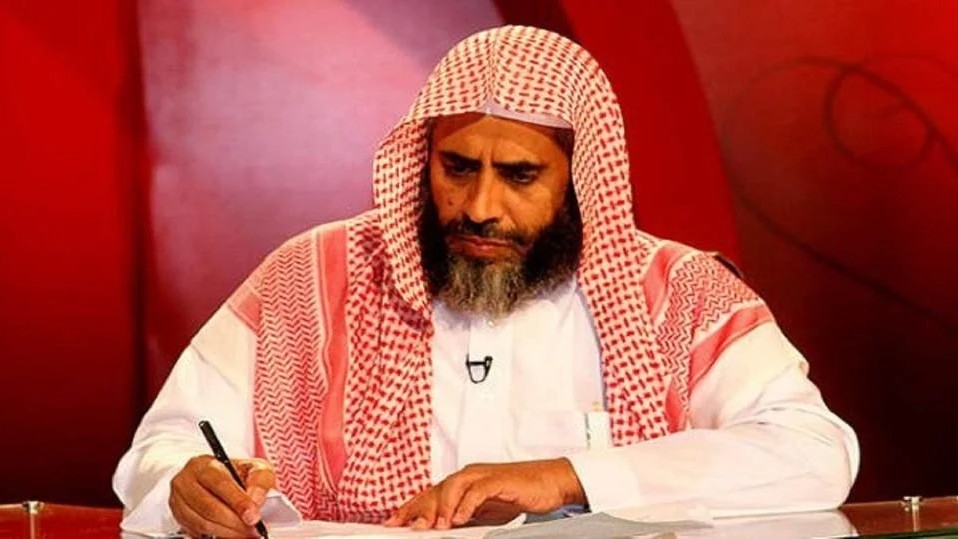
The charges against a prominent Saudi Arabian preacher facing the death penalty include the use of social media accounts and messaging apps, according to court documents.
Awad al-Qarni, 65, had "admitted" to using a Twitter account under his name "at every opportunity… to express his opinions", the documents seen by the Guardian revealed on Sunday.
Qarni was arrested in 2017 in a sweeping crackdown on preachers, academics, journalists, businesspeople and others.
The allegations against him also included the creation of a Telegram account and sharing news considered "hostile" to the kingdom in a WhatsApp chat.
Additionally, the law professor was accused of praising the Muslim Brotherhood movement in a video.
New MEE newsletter: Jerusalem Dispatch
Sign up to get the latest insights and analysis on Israel-Palestine, alongside Turkey Unpacked and other MEE newsletters
Admissions and confessions during interrogations in Saudi prisons are often taken after torture and mistreatment.
A year after his arrest, the public prosecutor called for Qarni to face the death penalty along with Salman Odah and Ali al-Omari.
Qarni, Omari and Odah are independent religious and media figures with a large following among Saudi Arabian and Arab youth.
The Saudi government has been accused by human rights groups of a widespread crackdown on dissent and freedom of expression.
Repression has increased since Mohammed bin Salman became crown prince and de-facto ruler of the kingdom in the summer of 2017.
Saudi officials say the kingdom does not have political prisoners.
Despite promises by the government to reduce death penalty sentences, a recent increase in the number of executions has raised alarm among human rights groups.
Last year, the kingdom executed 147 people, including the mass execution of 81 people in one day, according to the European Saudi Organization for Human Rights.
The Germany-based group says at least 61 people are facing the death penalty as of December 2022, adding that the actual number is likely higher.
Some right groups fear the prisoners, including Qarni, Omari and Odah, may be swept up in a mass execution.
Nasser al-Qarni, Awad's son, fled the country last year and sought asylum in the UK after Saudi officials threatened him with jail or execution if he spoke out about his father.
"We, inside Saudi Arabia, have exhausted all possible means to release my father and stop the oppression he is subjected to, but to no avail," he said in October.
"Unfortunately, my country is failing, not only in terms of human rights but in all areas, socially, economically and politically," he added.
Middle East Eye delivers independent and unrivalled coverage and analysis of the Middle East, North Africa and beyond. To learn more about republishing this content and the associated fees, please fill out this form. More about MEE can be found here.


